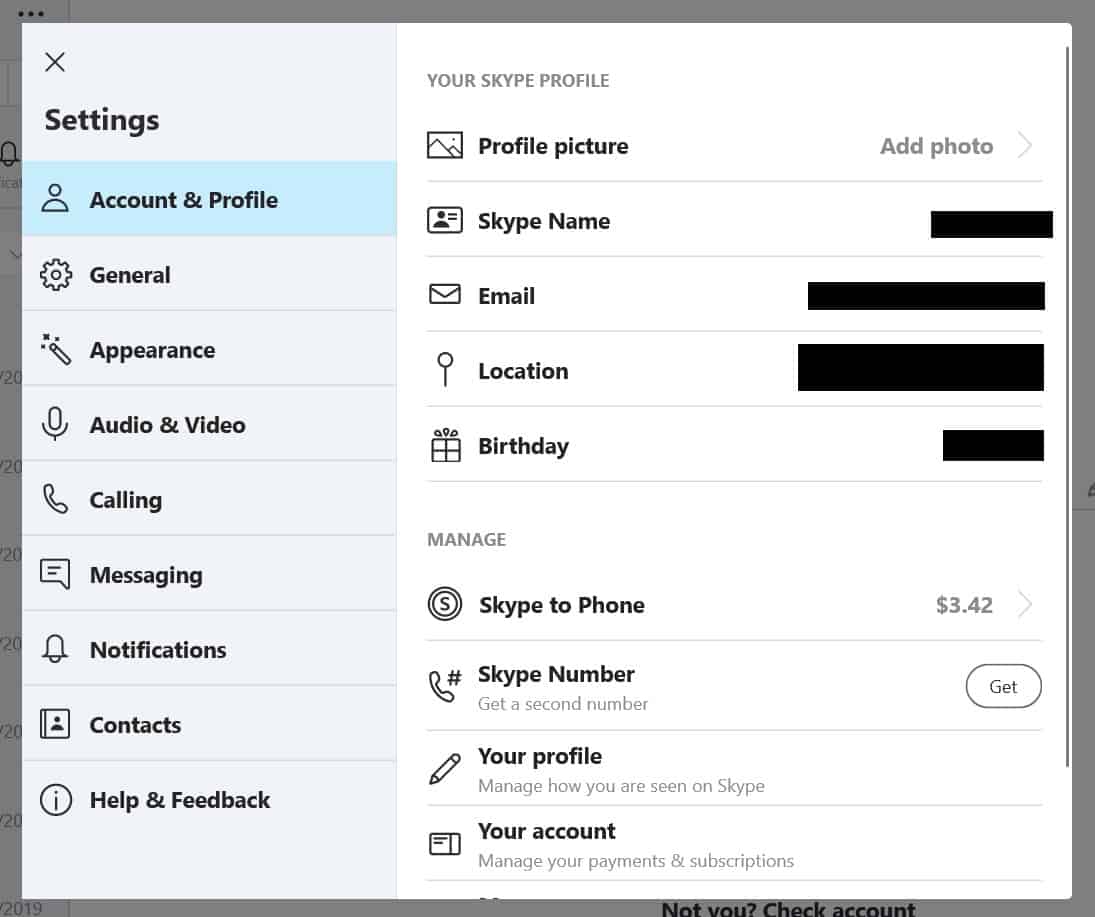
Introduction: The Plain Old Telephone System The telephone system we grew up with (the Plain Old Telephone System or “POTS”) runs on a public switched telephone network (“PSTN”). Over the years, the PSTN has evolved from analog signals (in which voice sound waves are converted to electrical signals and then back to sound) to digital (in which voice is converted to a digital signal of 1s and 0s). The PSTN is associated with telephone poles, copper wire, landlines, switchboards, operators, and exchanges (where calls are connected). The PSTN is mostly used for voice calls but can also be used for dial‐up Internet access and fax transmission. The earliest commercial telephone exchanges started operating in the late 1880s. Courthouse network administrators concerned about the use of Skype (whether authorized or not) are encouraged to read the article and implement the applicable security settings outlined by the author. Interestingly, Hayes advises against Skype use in highly secure network environments because the use of Skype allows people to have private conversations that cannot be tracked or monitored! If you are already familiar with how Skype works, you can skip the first few sections. I have tried to keep the discussion here at a non‐technical level. For readers who require more technical information about Skype security, I highly recommend “Skype: A Practical Security Analysis,” by Bert Hayes, published online in 2008 by the respected SANS Institute 2.

Many judges may not be familiar with Skype, and so I have devoted the first part of this article to a discussion of what Skype is and how it works. By understanding how Skype works, I believe that users can better protect their privacy and the privacy of others.


Is Skype Safe for Judges? By Martin Felsky, PhD, JD, for the Judges Technology Advisory Committee, Canadian Judicial Council, 1 Version 2.0 July 6, 2010 In this article I will try to help judges understand whether Skype and services like Skype are safe. The bottom line is that Skype and other internet‐based telephony services may be used safely, both for personal calls and for carrying on judicial business, but only if users are aware of security issues and certain precautions are taken.


 0 kommentar(er)
0 kommentar(er)
